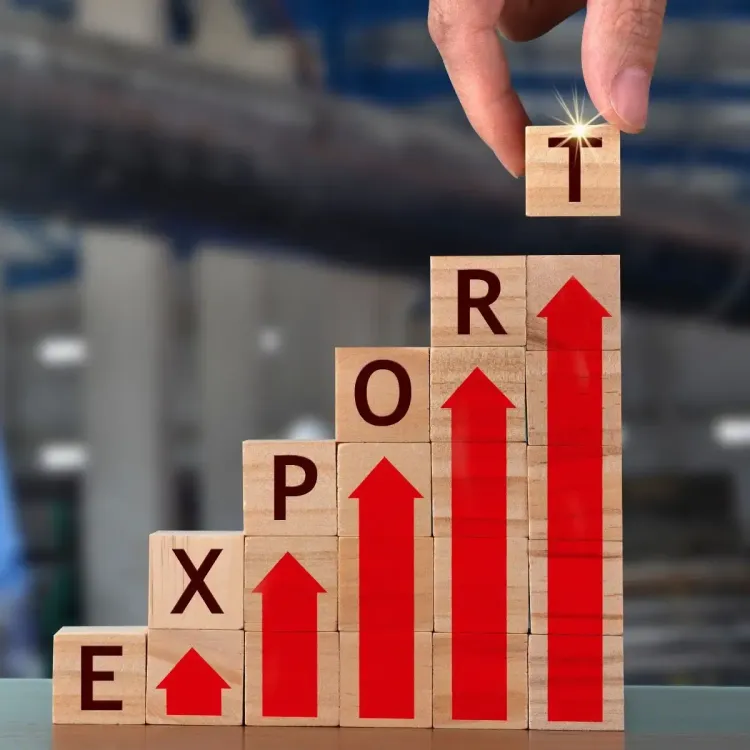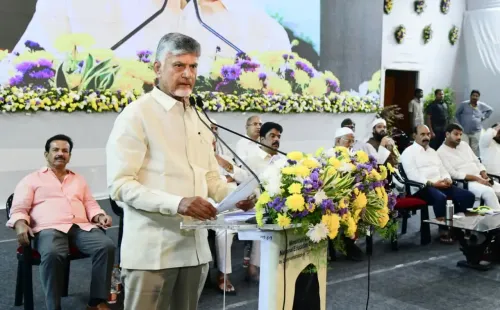Has the Union Cabinet Approved a Credit Guarantee Scheme for Exporters?

Synopsis
Key Takeaways
- Union Cabinet approves Credit Guarantee Scheme.
- Provides 100% credit guarantee coverage to lenders.
- Enables up to Rs 20,000 crore in additional credit.
- Supports MSMEs and eligible exporters.
- Enhances India's global competitiveness.
New Delhi, Nov 12 (NationPress) The Union Cabinet, led by Prime Minister Narendra Modi, has officially sanctioned the launch of the Credit Guarantee Scheme for Exporters. This initiative aims to provide 100 percent credit guarantee coverage to member lending institutions, facilitating additional credit of up to Rs 20,000 crore for qualified exporters, including MSMEs.
The scheme will be executed by the Finance Ministry’s Department of Financial Services (DFS) through the National Credit Guarantee Trustee Company (NCGTC) Ltd. This is designed to offer enhanced credit support to eligible exporters, including MSMEs. An oversight management committee, chaired by the Secretary of DFS, will monitor the scheme's progress, as indicated in an official statement.
This initiative is anticipated to bolster the global competitiveness of Indian exporters while aiding their expansion into new and emerging markets. By providing collateral-free credit access, the Credit Guarantee Scheme for Exporters (CGSE) will enhance liquidity, ensure seamless business operations, and contribute to India's objective of achieving the $1 trillion export target. This aligns with India's vision of Aatmanirbhar Bharat, according to the statement.
Exports are a vital component of the Indian economy, constituting nearly 21 percent of GDP in FY 2024-25 and playing a significant role in bolstering foreign exchange reserves. Export-led industries directly and indirectly employ over 45 million individuals, while MSMEs account for nearly 45 percent of total exports. Continuous export growth has been crucial for maintaining India's current account balance and macroeconomic stability.
To enhance the global competitiveness of Indian exporters, it is essential to provide sufficient financial support and time for market diversification. Consequently, proactive government measures to ensure additional liquidity will promote business growth and market expansion, as stated.
The government has intensified its focus on exports, particularly as several sectors—such as textiles, leather, gems & jewellery, engineering goods, and marine products—have faced challenges from recent global tariff hikes. These interventions aim to sustain export orders, safeguard jobs, and assist in diversifying into new markets.









